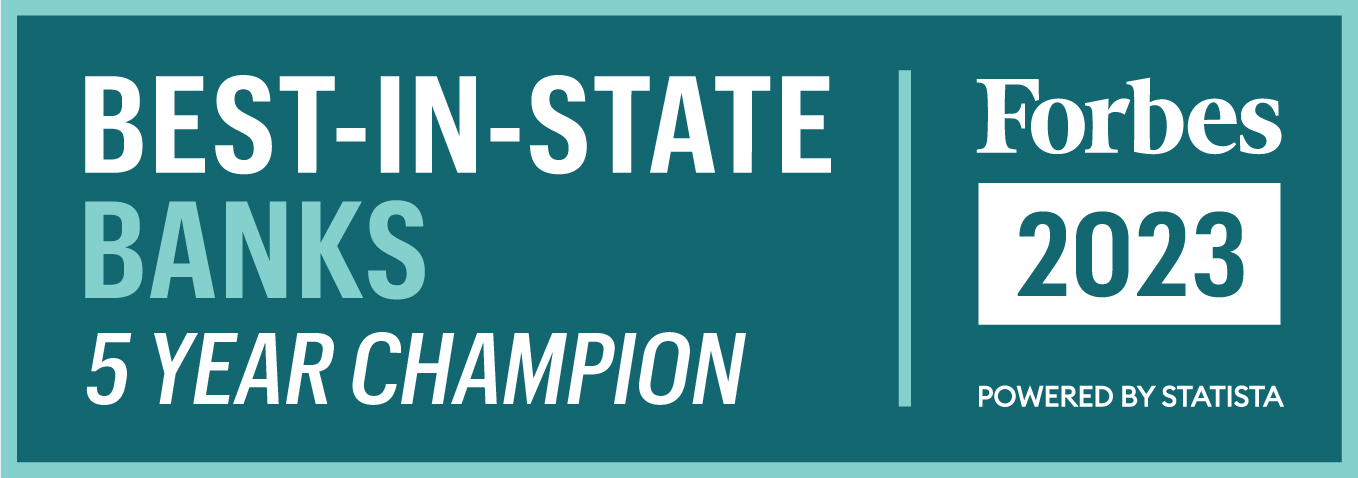For many people, this year continued to be quite a roller coaster ride. With economic uncertainty, and rise in inflation and unemployment, you may have been met with unprecedented uncertainty about your financial future. Fortunately, there is still time left in the year to evaluate, assess, and prepare to rebuild your financial foundation for 2023.
#1. Crunch the Numbers
First, take the time to evaluate where 2022 landed you. Call it a year-end financial checklist, if you will. Revisit your 2022 budget. Did you stick to it? Unpredictable events in 2022 may have impacted your ability to follow a budget. Ask yourself these important questions to get started:
- Savings – How much did you plan to save? How much did you actually save? Is your current savings account supporting your financial goals?
- Debt – Has your debt increased or decreased since the beginning of the year?
- Spending & Budgeting – Were you able to stick to your budget and manage your spending?
- Big Expenses – Did you make any big purchases or investments in the past year that need to be accounted for when building your financial plan for 2022?
- Credit Score – Do you know your credit score number? Keep tabs on your score and learn how to improve your credit score for better financial health.
The goal is to have a good financial balance between assets and debts and identifying the answers above will set you up to manage your money successfully.
#2. Check-in on your Retirement Contributions
The next step is to set yourself up for success down the road by maxing out your retirement contributions for 2022. If contributions to a 401(k) are made with before-tax income, you will pay less federal and state taxes now, but will pay taxes when you withdraw those funds in retirement. Depending on your financial planning goals, it may be to your advantage to make after-tax contributions to your retirement fund. Either way, the retirement funds you save now will have more time to compound and grow.
If you're unsure if your current contributions are working for you, our financial advisors are here to help with your financial planning. You should also try using one of our retirement calculators to see if your retirement savings are sufficient. Once you have a clear picture about your 2022 contributions, you can get a jump start on a strategy for maximizing your contributions in 2023.
#3. Review your Taxes
Receiving a tax refund from the IRS may feel like winning the lottery, but it's important to understand that you essentially provided the government with an interest-free loan. On the flip side, maybe you had to send the government a payment when you filed your taxes last year and you want to avoid having do that again.
In either case, it's important to review and modify your tax withholdings if this is something you want to change. Take a look at tax rates for the next year, expected income and credits, any planned deductions and make the necessary adjustments. This will put you in control of managing your money to make it work harder for you.
You may also want to take the time to maximize your deductions which can help decrease your taxable income for the year. Review the following types of deductions to make necessary adjustments:
- Charity
- Selling investments at a loss
- Deferring end-of-year income
- Increasing business expenses
- Prepaying tuition
- Medical expenses
#4. Enroll in Medicare
Unless you are 65 or older, this money move may not apply to you! The open enrollment period for Medicare coverage for 2022 has ended, but has recently begun for 2023. The open enrollment period runs now to December 7, 2022, for coverage effective January 1, 2023. It’s important to understand the enrollment process to avoid delayed coverage or paying a penalty for not signing up in time. Visit the official U.S. government site for Medicare to learn more and review Medicare and Healthcare scams to be sure your information is protected.
Now you can plan for 2023
What did you discover from your year-end financial evaluation? Maybe you needed to cut costs or adjust future planned expenses. It could be that you are paying high interest on some loans and that it may be worthwhile to refinance your mortgage to a lower rate. Or perhaps you discovered your credit score may need some improvement, but that you are on target with saving for your retirement. The goal of this exercise was to set you up to build a strong financial plan for 2022. Set smart money goals for 2023 and take what you've learned in the last year and use it as fuel to push you forward!




